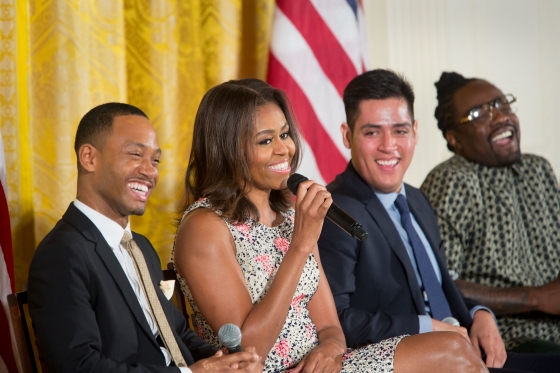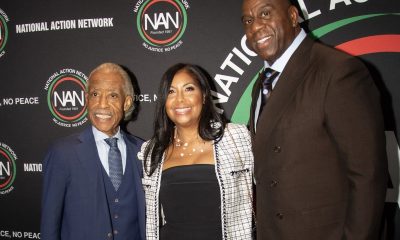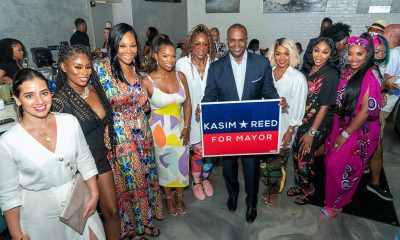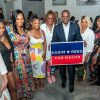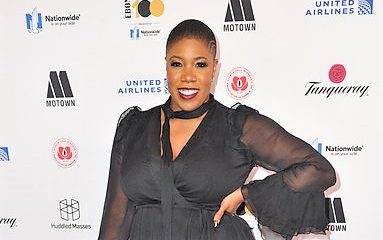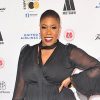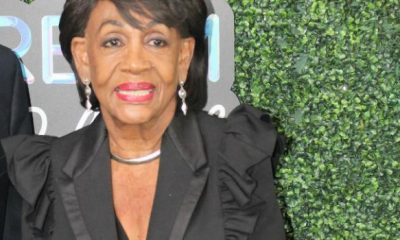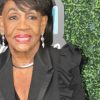Political Science
White House Helps Students ‘Beat the Odds’ at Education Summit
One of the goals of First Lady Michelle Obama’s Reach Higher Initiative is to help ensure that all students understand what they need to complete their education.
During its recent “Beating the Odds” Summit, the initiative gained traction in moving more students toward that goal with a day that included panels on financial aid, the college social scene and adapting to new environments.
The First Lady welcomed about 140 college-bound students to the White House for the summit. The invited young people represented a wide range of communities, including urban, rural, foster, homeless, immigrant, special needs and more. The students have overcome great odds to go to college, and many are even first in their family to pursue further education after high school, according to the White House.
The summit also celebrated these students’ accomplishments, while also providing them with tips and resources to better prepare them for when they step on campus this fall.
As part of the summit, E! News co-anchor Terrence Jenkins hosted a panel with the First Lady, Washington, D.C. native and rapper Wale, Education Secretary Arne Duncan and Manuel Contreras, a rising senior at Brown University.
The First Lady, a first-generation college student who attended Princeton University and Harvard Law School, emphasized the importance of hard work to the students in attendance.
“Don’t be afraid of hard work,” she said. “Hard work is at the core of everything, and if it’s too easy, then you’re probably not working hard enough. And success isn’t easy.”
She also talked about her transition from high school to college.
“I went to Whitney Young (High School), which was a top magnet school,” she said. “But getting there, I’d never used a syllabus before. I’d never been in big lectures before. I’d never lived in a dorm, sharing a bathroom. And many times you’re walking down stairs and around the block in the basement to go to the bathroom.
She continued “that’s a little overwhelming, figuring out how to just get in the groove with your schedule. It takes some adjustment, plus feeling like, what am I doing here? Feeling like maybe my counselors were right, that I had reached too high, and I had overstepped my abilities.”
Contreras also shared his story about transition to Brown University, where he said he initially felt lost as a freshman in 2012. He said that as the son of Mexican immigrants he felt an obligation to attend college and is committed to being the first member of his family to graduate from college. At Brown, Contreras founded 1vyG, an Ivy League network for first-generation college students.
“So many of us in our community don’t have voices in this country,” Contreras said. “By getting an education, you’re able to walk between two different worlds.”
Wale, who attended Virginia State, Bowie State and Robert Morris universities but dropped out before graduating, also shared his college experiences. For him, Wale said college was not all about the degree, but between football practices at school, he discovered his passion in music. “It (college) allowed me to have more time to figure out what I wanted to do,” Wale said.
President Obama stopped by the panel for a surprise appearance. He spoke on the importance of higher education and taking advantage of opportunities, telling students that despite issues of racism, sexism and struggles for the LGBT community, Americans are still fortunate. “Even though those are real problems, this is still a nation of opportunity,” he said.


